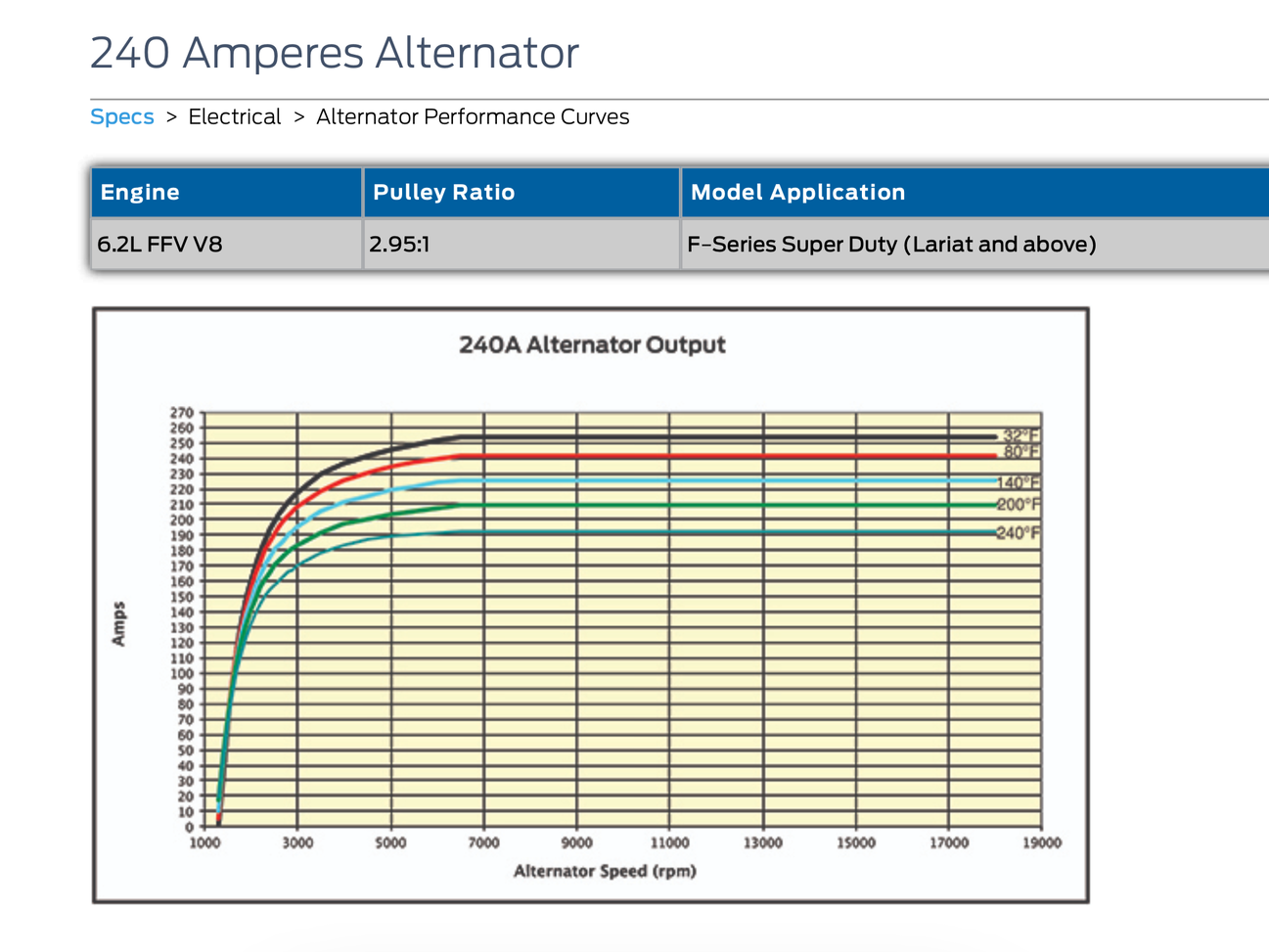sunrise
New Member
- Joined
- Jul 16, 2020
- Messages
- 206
Hi,
There is a 12v 'charge' connector in a 7-way trailer plug, in my trailer it connects directly to the main battery. My understanding is that while driving this will charge the trailer battery while driving. But this only works well for non-lithium batteries I assume? I am worried due to the voltage of a fully charged lithium battery is higher (14.4v), this will backfeed, not only drain the trailer's battery, but might damage towing vehicle's battery.
Should I just disconnect this connector? Are there any important purpose besides charging trailer battery?
Thanks!
There is a 12v 'charge' connector in a 7-way trailer plug, in my trailer it connects directly to the main battery. My understanding is that while driving this will charge the trailer battery while driving. But this only works well for non-lithium batteries I assume? I am worried due to the voltage of a fully charged lithium battery is higher (14.4v), this will backfeed, not only drain the trailer's battery, but might damage towing vehicle's battery.
Should I just disconnect this connector? Are there any important purpose besides charging trailer battery?
Thanks!



